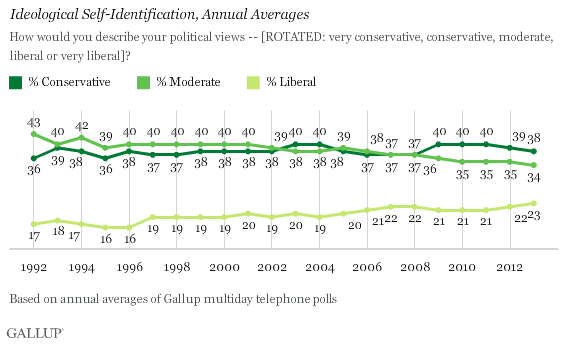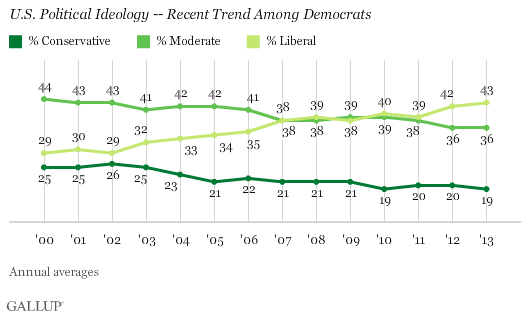Entertainment’s Place In Post-Attack Rebuttal
By Steven Zeitchik, Los Angeles Times (TNS)
Global tragedy strikes these days with a kind of wearying familiarity. The pain is fresh, but our thoughts — as they did after Madrid, London, Mumbai and elsewhere — return to a well-known place.
As the Paris attacks and their aftermath have played out this weekend, once again we stare dazed at the cable news screen, facing questions we never imagined — questions we suspect have no answers, even as the scouring of CNN for motives and details and revelations provides a comforting illusion otherwise.
And once again, those of us immersed in entertainment — as producers, as distributors, as chroniclers, or even just as devotees — are left to ask where it fits in. Cultures have been grappling for centuries with how much space to allow levity in the place of a tragedy. But the relevance and even the defensibility of entertainment has lately been thrust forward as never before. These are new and confusing times, an age when mass civilian murders are common and our individual responses to them, thanks to social media, widely known. The proper reaction remains unclear; the rules of collective grief are still unwritten.
Was going to the movies, for instance, acceptable this past weekend? Was it OK to tweet about a television series or college football game? Was there a palatable way to return to, or justification for embracing, the shows, sports, movies, music and other pursuits that fill our typical weekends?
Was doing some of these things perhaps even an act of noble defiance — the attacks, after all, had taken place in part at a musical performance and seemed intended to strike at the freedom to enjoy life in such a manner — or an act of unsavory and even heartless self-distraction?
Would it be OK to wait 24 hours and then resume such activities? What about 48? Was the very idea of a statute of limitations untoward?
Entertainment companies faced their own dilemmas. Lionsgate weighed how to proceed with a Los Angeles premiere for its new Hunger Games movie on Monday, ultimately deciding to hold the event without a traditional red carpet. Saturday Night Live also scaled down but didn’t step out: It scrapped its usual comedic opening this past weekend in favor of a touching salutation, in English and French, from cast member Cecily Strong, then carried on with the show.
A friend at a Hollywood publication said he was in a quandary over whether to overhaul an upcoming issue to focus on the attack. On the one hand, Paris was all we were thinking about, and it would be insensitive, even inaccurate, to carry on with the coverage of ratings and box office and first-look deals as if we weren’t. On the other hand, the Paris attacks were not fundamentally an entertainment story, and wouldn’t it be tone-deaf to pretend that they were?
And yet through it all, entertainment may have already been playing a role in our processing mechanism. In movie theaters these past few months, films have, in their own oblique way that seem clearer after Friday, already been speaking to the issues underlying the attack, to the perpetrators and the victims, to the dangers posed and the values threatened.
The season has brought the high-wire-walking story The Walk and its spirit of unbridled humanity, whose main character uses ingenuity and showmanship to enhance lives instead of diminishing them, a fitting antidote to what happened in Paris. That said character was French and was walking between New York’s twin towers that themselves would become a target and symbol only underlines the comparison.
There is the new release Spotlight, an abuse drama in which truth-seeking journalists push forward and try to do what we all hope to do in the face of cataclysm: find justice, and maybe a little comfort for the afflicted, even as they are tempered by the knowledge their actions will always be insufficient. They press on while Sept. 11 strikes right in the middle of their efforts.
There has been The Martian, which in its own Hollywood escapist way has showed the power of countries and people around the world to band together when life is at stake, differences of nationality and ideology suddenly irrelevant.
There are, of course, literal attempts in Hollywood at understanding militant attacks, as with the upcoming 13 Hours and Patriots’ Day, each about those trying to prevent the murder of innocents. But comprehension also comes more subtly, as with the current Spectre, in which disparate acts of mass murder are chillingly realized to be emanating from a common source.
The movie seeks to fathom what could drive such bloodthirsty nihilism (while also depicting the struggles of democratic governments to contend with it). Like many other examples, Spectre is part of a feedback loop that circles between our brains and our screen, fears of an attack making their way from the first to the second, then coming back to us in a different form once such violence takes place in real life.
The question after attacks like Friday’s is whether to allow entertainment back in. But perhaps that elides the real issue. Perhaps entertainment has been here all along.
When it comes to a post-tragedy pop culture, there are the easy calls to make — the French distributor that decided to pull an upcoming movie in which Paris was under attack, for example. Most choices are harder. There are no answers — certainly no one-size-fits-all answers — on how entertainment can fit in during these shocking after-hours. Personal choices remain that way.
But whatever the response, there may be some comfort is not seeing these activities as separate. Asking the too-soon question may be, in a sense, asking the wrong question. Maybe entertainment shouldn’t be treated as a distinct refuge to which we tentatively crawl back when it is safe to do so and after we sheepishly check to make sure no one is looking. Maybe it’s something that can and should be part of the understanding of the attacks in the first place.
In its purest form, entertainment is built into the process — part of a post-attack rebuttal that allows us to stand up for a life of choice and freedom, sure, but also a way we’ve been understanding the tragedy all along, comprehending those who plot to kill, and the humanity they would seek to destroy.
©2015 Los Angeles Times. Distributed by Tribune Content Agency, LLC.
Photo: Shinya Suzuki via Flickr











